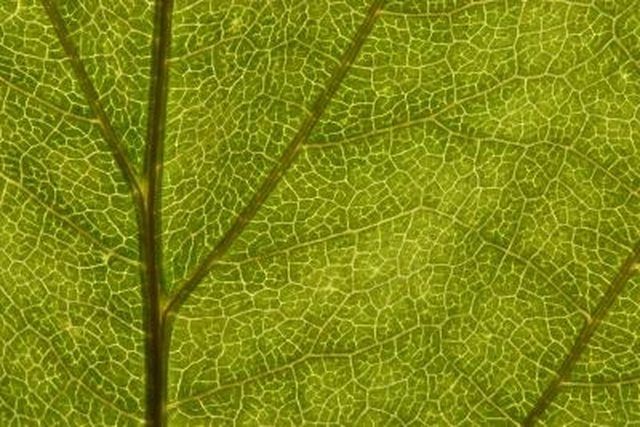Bulbs
Flower Basics
Flower Beds & Specialty Gardens
Flower Garden
Garden Furniture
Garden Gnomes
Garden Seeds
Garden Sheds
Garden Statues
Garden Tools & Supplies
Gardening Basics
Green & Organic
Groundcovers & Vines
Growing Annuals
Growing Basil
Growing Beans
Growing Berries
Growing Blueberries
Growing Cactus
Growing Corn
Growing Cotton
Growing Edibles
Growing Flowers
Growing Garlic
Growing Grapes
Growing Grass
Growing Herbs
Growing Jasmine
Growing Mint
Growing Mushrooms
Orchids
Growing Peanuts
Growing Perennials
Growing Plants
Growing Rosemary
Growing Roses
Growing Strawberries
Growing Sunflowers
Growing Thyme
Growing Tomatoes
Growing Tulips
Growing Vegetables
Herb Basics
Herb Garden
Indoor Growing
Landscaping Basics
Landscaping Patios
Landscaping Plants
Landscaping Shrubs
Landscaping Trees
Landscaping Walks & Pathways
Lawn Basics
Lawn Maintenance
Lawn Mowers
Lawn Ornaments
Lawn Planting
Lawn Tools
Outdoor Growing
Overall Landscape Planning
Pests, Weeds & Problems
Plant Basics
Rock Garden
Rose Garden
Shrubs
Soil
Specialty Gardens
Trees
Vegetable Garden
Yard Maintenance
Are Centrioles Found in Plant Cells?
Are Centrioles Found in Plant Cells?. Plant cells and animal cells share a common ancestor and thus many similarities. At the same time, they also exhibit fundamental differences. Unlike animal cells, for example, plant cells lack centrioles.

Plant cells and animal cells share a common ancestor and thus many similarities. At the same time, they also exhibit fundamental differences. Unlike animal cells, for example, plant cells lack centrioles.
Centrioles
In animal cells, the centrosome serves to organize microtubules, major components of the cell's cytoskeleton, and plays an important role in cell division. The centrosome is composed of two centrioles, each of which contains nine bundles of microtubules. Microtubules are hollow cylindrical polymers of a protein called tubulin.
Misconceptions
Plant cells do not contain centrioles. Their microtubules emanate from structures or regions called microtubule-organizing centers, or MTOCs, but do not have the centrioles found in animal cells.
Significance
During cell division, centrosomes in animals act as organizing centers for the microtubules that pull the chromosomes apart, ensuring that each daughter cell receives a copy of each chromosome. Plant cells must accomplish the same task during mitosis, but they do so without centriole-containing centromeres; the microtubules emanate from other MTOCs instead.